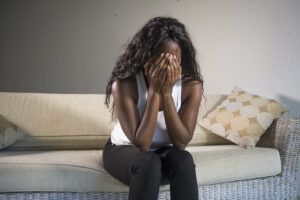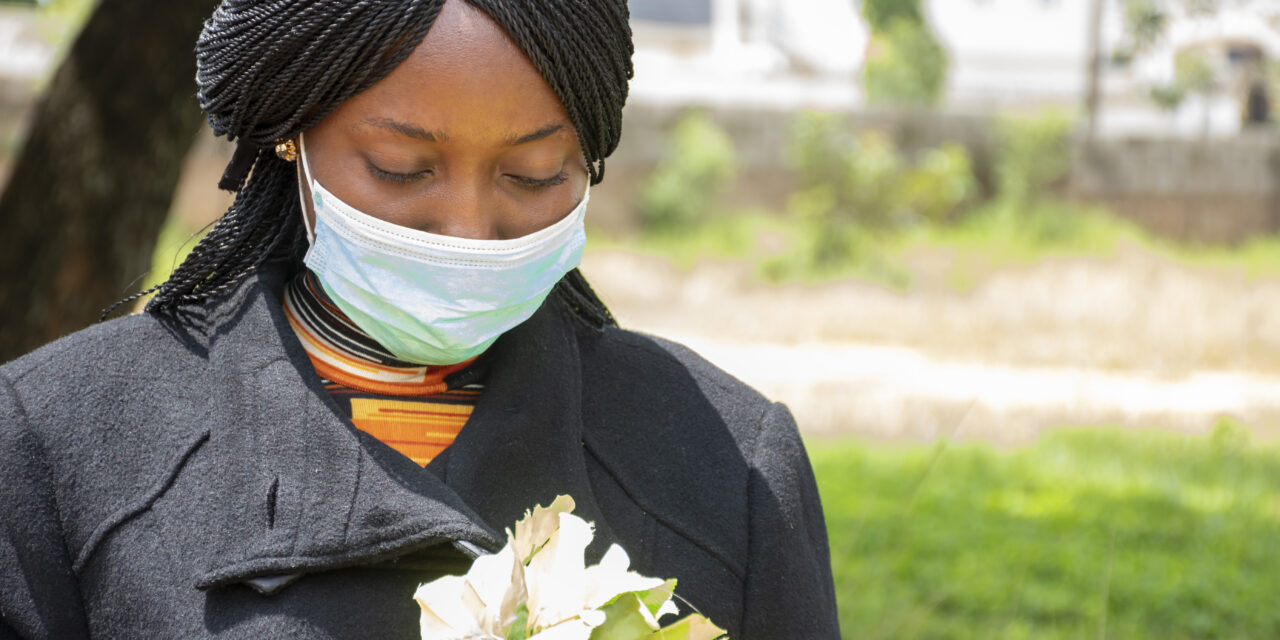I had known death’s existence for over twenty-nine years. I felt it pass by through the winds as it blew to other places. To other people. I saw it uproot people from their own existence. I saw it suck their joy and feed their bewilderment. I thought it was enough for me to send my glib messages of condolence and quote John Donne’s line that “Death too Shall Die”. I also thought it was enough for me to wire my cash contribution. I believed it could wipe their tears.
I knew death was inevitable. I also knew the community made it more bearable. Death knocked our door at the peak of a pandemic. I met grief and felt its wrath at a very intricate time. How do you cope with the loss of a loved one while gaining many other losses around you? The onset of Covid 19 amplified the complexity of death and grief. Moreso, it disrupted the existing societal coping mechanisms.

The onset of Covid 19 amplified the complexity of death and grief. Moreover, it disrupted the existing societal coping mechanisms.
Let me give you a perspective.
In most African communities it is typical for a death to bring the family and the community together. People travel from far distances to bury their dead. Mourning and grief are communal experiences. In Kenya, some communities like the Luo and Luhya hold night vigils where the whole community gathers to pay their last respect. The night vigils are characterised by cooking, feasting, dancing, wailing among other things.
The pandemic disrupted the communal sharing of pain. It led to the loss of our ubuntu spirit. Governments put up measures such as the closure of borders, ban of social gatherings, ban on meals in public places among others. Consequently, these measures had the following implications:
No hospital visits
People feel consoled visiting their loved ones on their sickbeds. It fills their dry holes of hope. Watching their spirit slowly leave their bodies gives you closure. The pandemic had people relying on phone calls to check on the sick. I cannot stop sympathizing with a widow, a child, a parent who received news about their loved one’s demise on the phone. It is chilling!
No gatherings during the funeral
During funerals, people have a procession to the burial site. There is singing, dancing, and wailing. The government’s ban on social gatherings had the participants reduced to spectators. They had to witness the burial spectacle on the fences. Worse still, on social media platforms. How do you bury a loved one on Facebook or Instagram live? It is non-African not to clinch the soil and throw it on the coffin.

People were left to wail in silence. They were left to dry their tears in solitude.
Socially distanced mourning
As aforementioned, mourning in African societies is not an isolated or a socially distanced event. Grief is shared. The pandemic robbed us of all the life the community breathed into homes where death visited. People were left to wail in silence. They were left to dry their tears in solitude. With the closure of borders, people organized zoom calls to plan for funerals. The vibrant vigil sessions were now replaced with cold broken hearts connected by technology.
Prolonged grief
The pandemic has led to people getting stuck and grieving indefinitely and not being able to move on with their lives. Some people have lost multiple family members. The conditions of experiencing mourning and grief during the pandemic have made their losses more unbearable. Therefore, they are likely to hold onto their losses for a longer period.
I wish that we can get back to our normal way of experiencing grief. Sharing pain and loss eases the burden as it is consoling to know that you are not travelling the painful road alone. Let people wail, let them dance by the coffin, let the chanting be heard and let the feasting continue.
Let people mourn and bury their dead!

Prolonged grief





